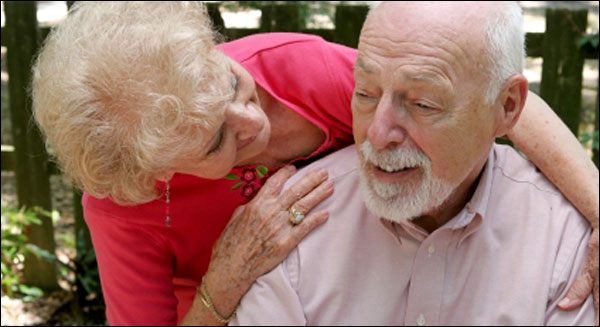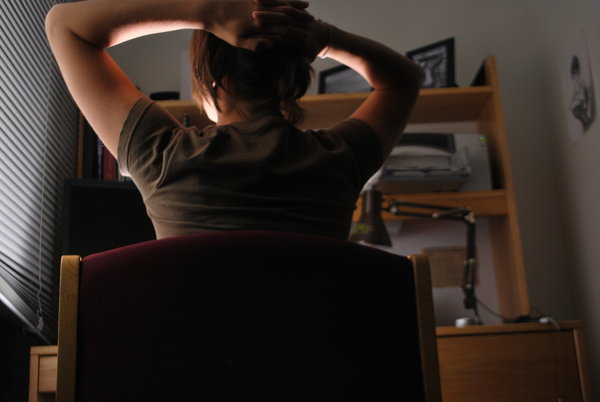The neurological condition called dementia affects quite a lot of aged people these days. Patients suffering from dementia need critical care and also a living environment which helps them stay away from accidents and lead a normal life. For this, the caregiver must understand the condition thoroughly in order to extend the best possible care and environment. There are also options for professional home care. Assured and companies like it offer your loved ones help in the comfort of their homes. For help on the things you can do, here are the six important steps that you can keep in mind to help them stay safe and secure.
1. Safe living environment
When you have someone who is suffering from Alzheimer’s disease, a lot of care must be taken to keep the house hazard free. This includes preventing the patients from getting access to things and areas that could cause harm to them. Ensure that they stay away from stool sheds, basement, garages, etc. All electronic and home appliances must be kept away from them. This is because a dementia patient no longer possesses that ability to rationalize between what is safe for them and what is not.
Electrical appliances are best removed from areas that they are lodged to prevent electrical shock and dangers. Kitchen utensils that are sharp, gas valves, circuit breakers must be kept away from them or installed in areas where they do not have access.
2. Tools and safety
Gardening tools should be kept away from dementia patients as they pose great risk of getting injured. Tool sheds are garages need to be securely locks and keys to rooms and sheds that lodge tools and maintenance equipments must be safely locked or kept in areas where dementia patients do not have access. Fuel like petrol, gasoline, kerosene and lighting equipments too must not be stored carelessly in the house.
3. Vision problems
People suffering from dementia will also have problems assessing depths as they cannot distinguish between colors. Using rugs, curtains, bed sheets and sofa upholstery that have great color contrast will help them assess depth and space and prevent falls and injuries.
Dementia patients also have problem with dark colors as they mostly look like black holes to them. Therefore, caregivers must avoid wearing dark clothes and the house too must be free from dark objects as this can cause a lot of anxiety and agitation in the patient. Doors that lead outside must be locked securely to keep them safe inside. The refrigerator must not have stale food that can cause food poisoning if taken by dementia patients and the house must be kept clutter free as well.
4. Bathroom safety
Bathrooms are very unsafe for dementia patients as they have chances of slipping and falling due to vision problems and also due to general inability to do things well. Make sure that grip bars are adequately placed and non skid mats are used. You can install a stool for their bathing needs which will help them sit comfortable without falling while taking a shower.
Basic needs like toileting, brushing teeth, hair and personal hygiene can still be done on their own. Make sure that the water temperature is adequate and there are enough stools and chairs to help them stay safe in the bathroom. Lighting too must be adequate to help them see things clearly in the bathroom. Use contrast for walls and closets so they can see clearly.
5. Bedroom safety
Alzheimer’s patients might have a fear of darkness and hence a bedroom lamp is a necessity for them. This is also to prevent falling and also to help them see well in the night. Toilets must be left lighted in case they want to use it at night. You could place a graphic image of a toilet or write ‘toilet’ in bold on the door to help them identify the correct place.
For severe cases, a bed pan can be kept near the bed or a bell can be installed in case help is needed for toileting or other purposes.
6. Kitchen safety
Kitchen can be the most dangerous of all rooms in the house. Ovens, microwaves, gas stoves, hot plates, crockery and cutlery, all pose great risks for Alzheimer’s patients. There is also the risk of burns and fire. Keep them away from the kitchen and ensure that dangerous things are kept safely locked or hidden from view. Stools and ladders must not be kept anywhere and bright utensils that do not break must be used to help dementia patients.



